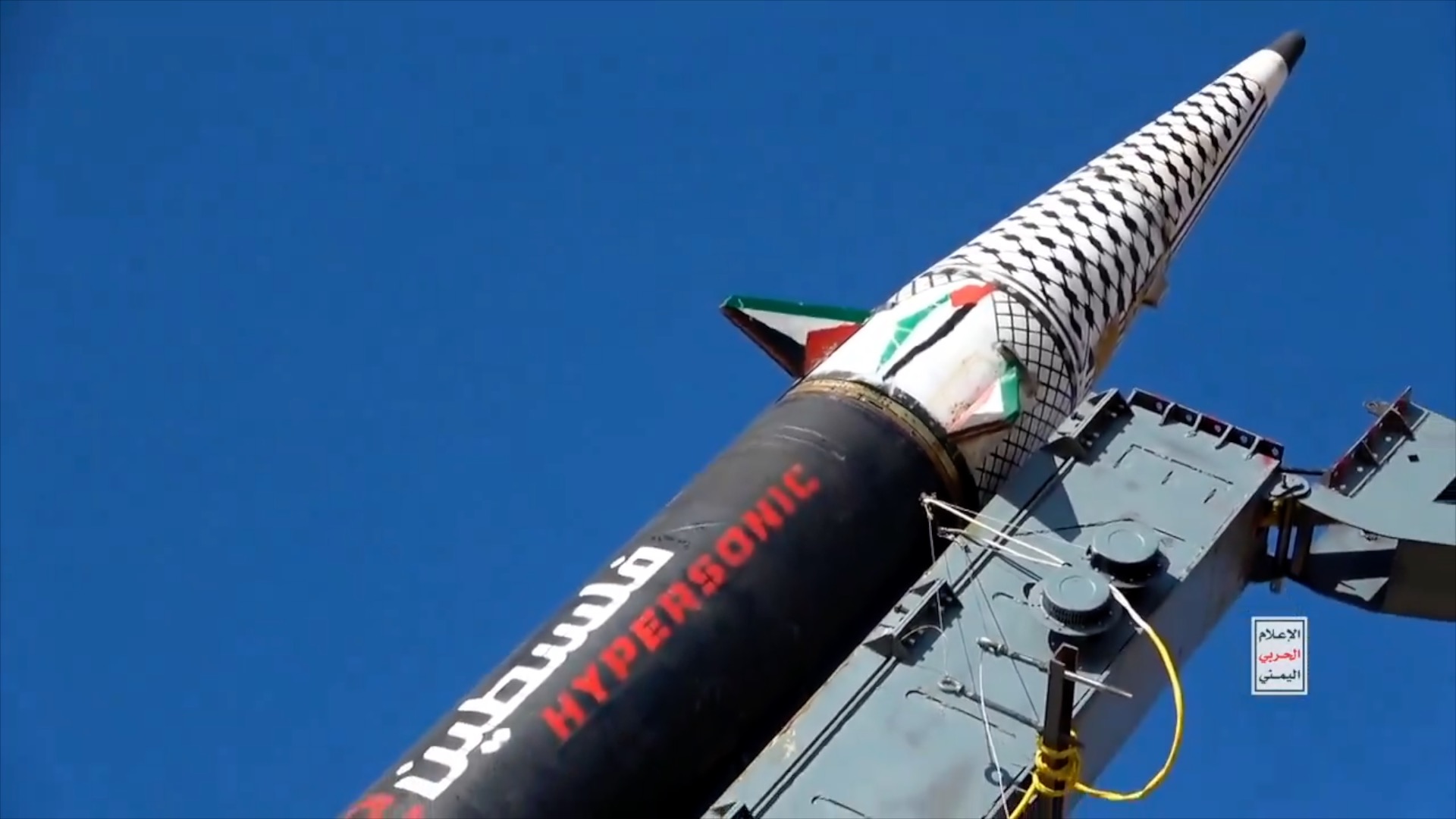Houthi Ballistic Missile Disintegrates Over Saudi Arabia, Avoiding Threat to Israel
In a significant development in the ongoing tensions in the Middle East, a ballistic missile launched by Houthi forces towards Israel disintegrated mid-air, reportedly over Saudi Arabia. This incident occurred on Wednesday, marking a notable moment in the ongoing conflict between the Houthis and regional adversaries, including Israel and Saudi Arabia. The missile"s disintegration not only prevented a potential escalation in the already fraught Israeli-Palestinian situation but also raises questions about the effectiveness of missile defense systems in the region.
The Houthi movement, which has been embroiled in a protracted conflict in Yemen since 2014, has increasingly demonstrated its capability to launch missiles beyond its borders. This latest incident underscores the group"s ongoing defiance against its adversaries and its willingness to engage in acts of aggression that could destabilize the region further. The missile was reportedly aimed at Israel, a country that has been on high alert in recent weeks amid rising tensions following escalatory actions in the Gaza Strip. The Houthi missile"s failure to reach its target is a relief for Israeli authorities, who have been preparing for a possible conflict as hostilities in the region escalate.
According to military analysts, the missile"s disintegration could be attributed to several factors, including potential interception by missile defense systems or technical failures during its flight. While no official statements have been made regarding the cause of the disintegration, the incident illustrates the complex dynamics of missile warfare in the Middle East. "The fact that the missile did not reach its target suggests that there may be effective defensive measures in place, but it also highlights the unpredictability of such military engagements," said Dr. Miriam Cohen, a Middle East security expert. This event could be viewed as a tactical victory for both Saudi Arabia and Israel, who have been working closely to counter Houthi threats.

Image for Houthi Ballistic Missile Disintegrates Over Saudi Arabia, Avoiding Threat to Israel
In the broader context of Middle Eastern geopolitics, this incident mirrors other recent developments in the region, such as the escalating conflict in Ukraine, where Serbia recently approved the transit of 960 artillery shells to support its military efforts. As previously reported, these actions reflect a global trend of nations reassessing their military capabilities and alliances in response to perceived threats. The Houthi missile launch serves as a reminder of the volatile nature of regional conflicts, which can have far-reaching implications not just locally, but globally as well.
The implications of this incident extend beyond immediate military concerns. The disintegration of the missile may offer a temporary reprieve for Israel, but it raises critical questions about the effectiveness of regional defense strategies against asymmetric threats. Experts warn that the continued ability of the Houthis to launch missiles poses a persistent threat to stability in the region, with potential repercussions for international oil markets and diplomatic relations among Gulf states. Furthermore, as tensions rise, the likelihood of retaliatory strikes increases, which could spiral into a broader conflict involving multiple state and non-state actors in the region.
As the situation evolves, the international community must remain vigilant and engaged. The disintegration of the missile may have prevented an immediate crisis, but the underlying tensions remain unresolved. Future diplomatic efforts will be essential to address the root causes of conflict in the region. Observers note that ongoing peace talks, similar to those seen in Ukraine, are crucial for achieving long-term stability. The need for dialogue and negotiation has never been more pressing, as the specter of further violence looms over the Middle East.
In conclusion, while the disintegration of the Houthi missile over Saudi Arabia is a temporary relief for Israel and its allies, it underscores the fragile nature of peace in the region. As tensions simmer and military capabilities evolve, the path to a lasting resolution remains fraught with challenges. Stakeholders in the region and the international community must prioritize diplomatic engagement to avert a potential escalation of hostilities and foster a climate conducive to peace.


![[Video] Heavy clashes and gunfire reported in Baghdad, Iraq](/_next/image?url=%2Fapi%2Fimage%2Fthumbnails%2Fthumbnail-1768342239932-848qsh-thumbnail.jpg&w=3840&q=75)




![[Video] Gunfire between Iraqi security forces and Sadr militias in Baghdad](/_next/image?url=%2Fapi%2Fimage%2Fthumbnails%2Fthumbnail-1768343508874-4redb-thumbnail.jpg&w=3840&q=75)
